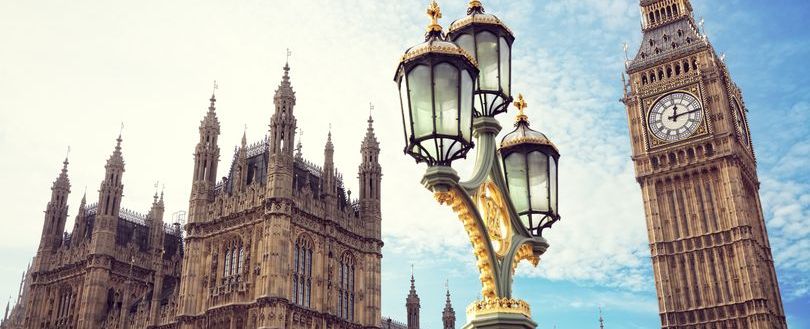
Navigating the impact of the Responsible Actors Scheme on fire safety in construction
Like it? Share it!
04 January 2024
The construction landscape is undergoing a transformation with the introduction of the Responsible Actors Scheme, a significant move by the Department for Levelling Up, Housing and Communities (DLUHC) to address fire safety defects in medium and high-rise residential buildings. The recently presented Building Safety Act 2022 empowers both leaseholders and landlords to take action against construction parties deemed responsible for safety issues.
To incentivise voluntary compliance, on 30 January 2023, the DLUHC reached out to major house builders and large developers, urging them to sign a remediation contract. This contract holds them accountable for addressing life-critical fire safety defects in residential buildings they developed or refurbished in England over the past 30 years. Failure to participate could result in being added to the prohibited developers list.
The Responsible Actors Scheme, introduced in July 2023, aims to encourage developers to sign the remediation contract, while those refusing face consequences. Eligible organisations, primarily involved in residential property development with operating profits of £10 million or higher, are expected to apply and become registered as 'responsible actors.'
The Building Safety Fund (BSF) plays a crucial role in identifying developers with known fire safety defects. Future plans include expanding the scheme to include other developers of defective residential buildings meeting height requirements.
DLUHC is actively reaching out to eligible companies, inviting them to join the scheme. Companies failing to register or facing refusal/withdrawal of membership will be added to the prohibited developers list. This list bars them from undertaking major developments in England, affecting residential and commercial projects.
For developers and house builders with a history of constructing or refurbishing relevant buildings in the last 30 years, it is crucial to assess eligibility and not rely solely on DLUHC correspondence. Ignoring eligibility considerations could lead to being added to the prohibited developers list.
The impact of the scheme also extends to funders of major developments. They are advised to communicate with existing borrowers to confirm their scheme eligibility. Reviewing precedent agreements to ensure borrowers are contractually obligated to join the scheme, with provisions for potential consequences if added to the prohibited developers list, is recommended.
Building control processes must now include checks for prohibited developer status. Funders need assurance that developers comply with the scheme, adding an additional layer to the due diligence process. The Responsible Actors Scheme marks a significant shift in accountability for fire safety issues, shaping the future of construction practices in the UK.
View the SOURCE here.
Our eNews provides regular insight into industry trends, news headlines, and product and service information. For news articles parallel to those mentioned above, sign up for our eNews. Click here to sign up: Subscribe to our enews (fia.uk.com)
Related training
Related news
-
Fire Enforcement Notices Served on Hinkley Point C Contractors
25 February 2026
-
Record Rise in E-Bike and E-Scooter Fires Across London
28 January 2026
Related resources
-
Fire Risk Assessors Standard Scope of Services
07 August 2025
-
Passenger Service Vehicle - Guidance Note
05 September 2023
